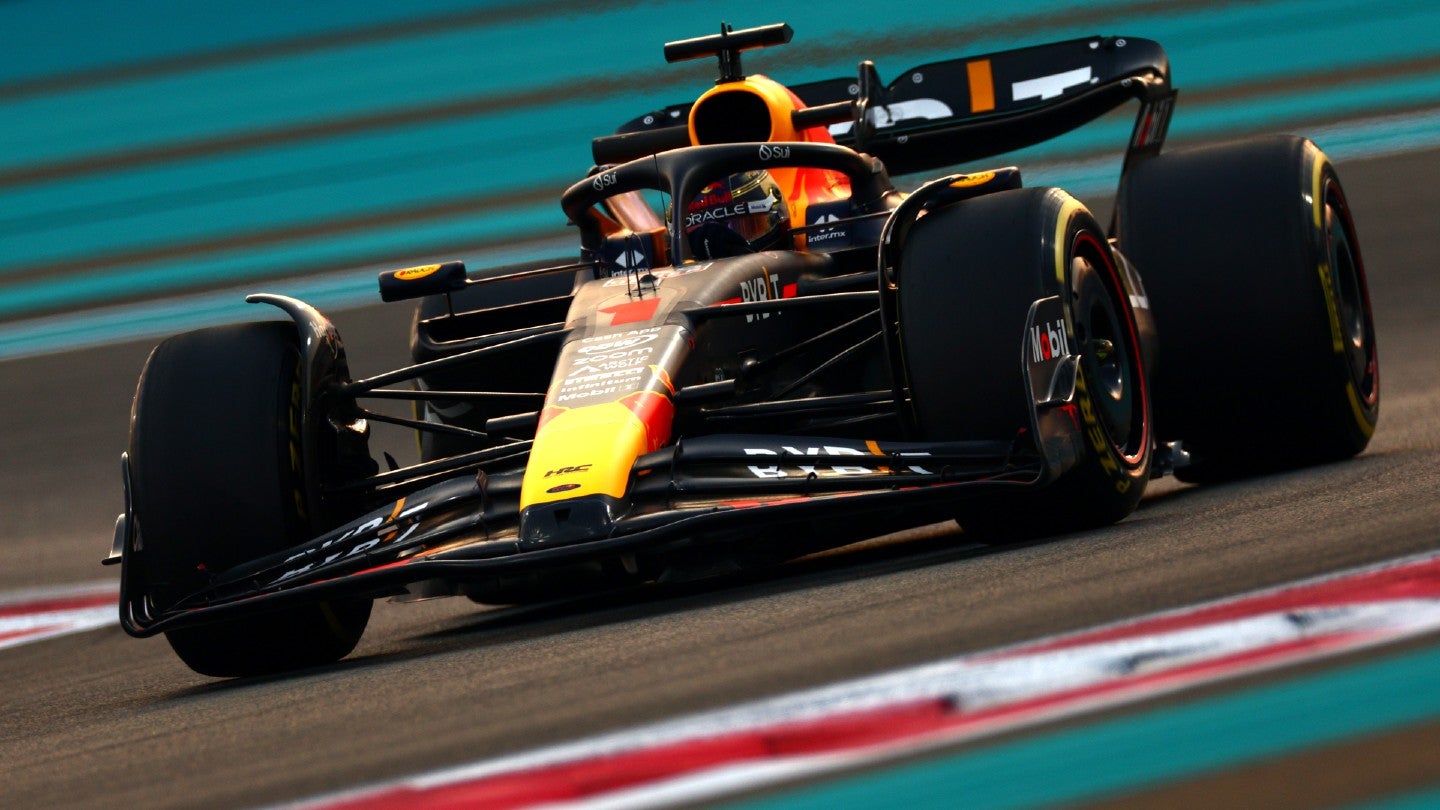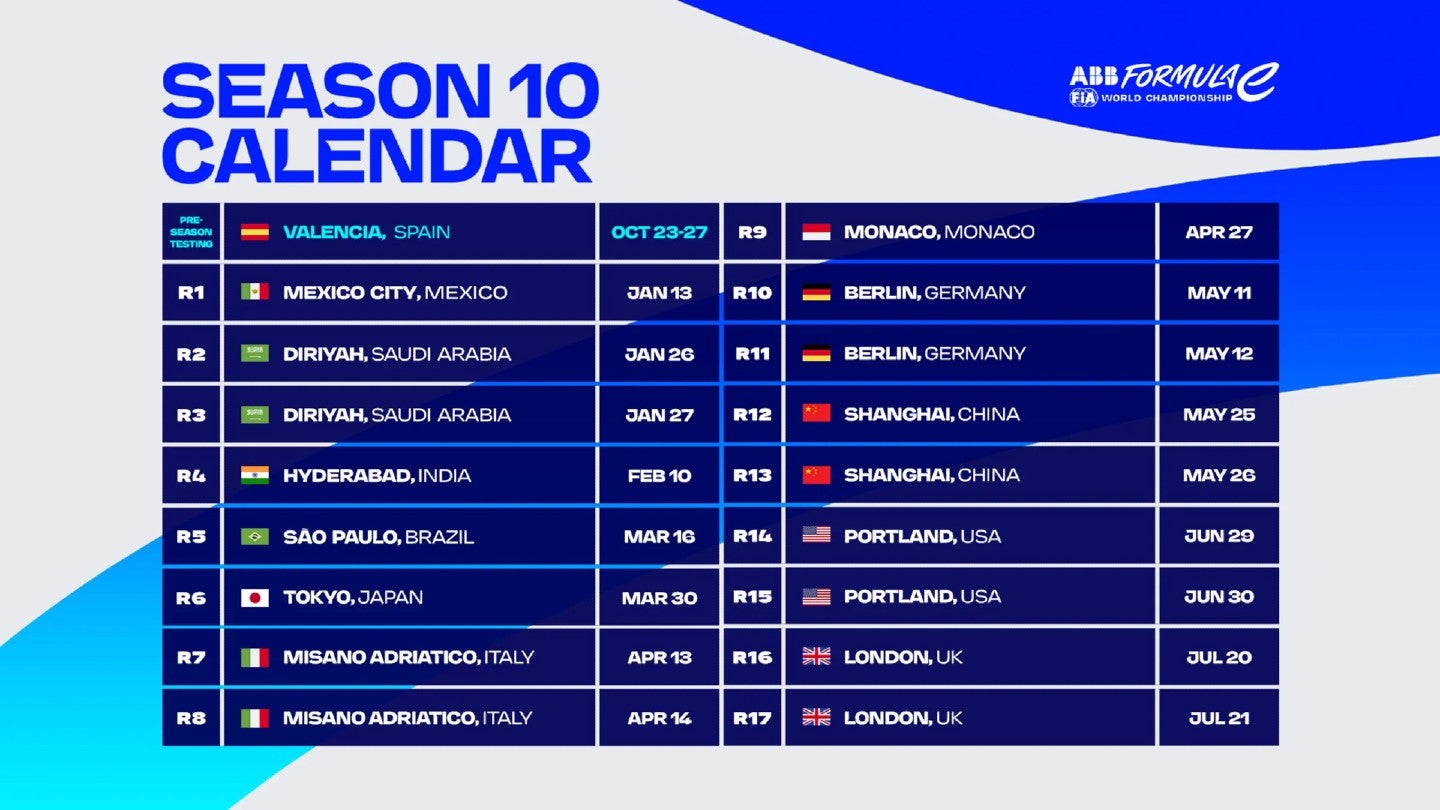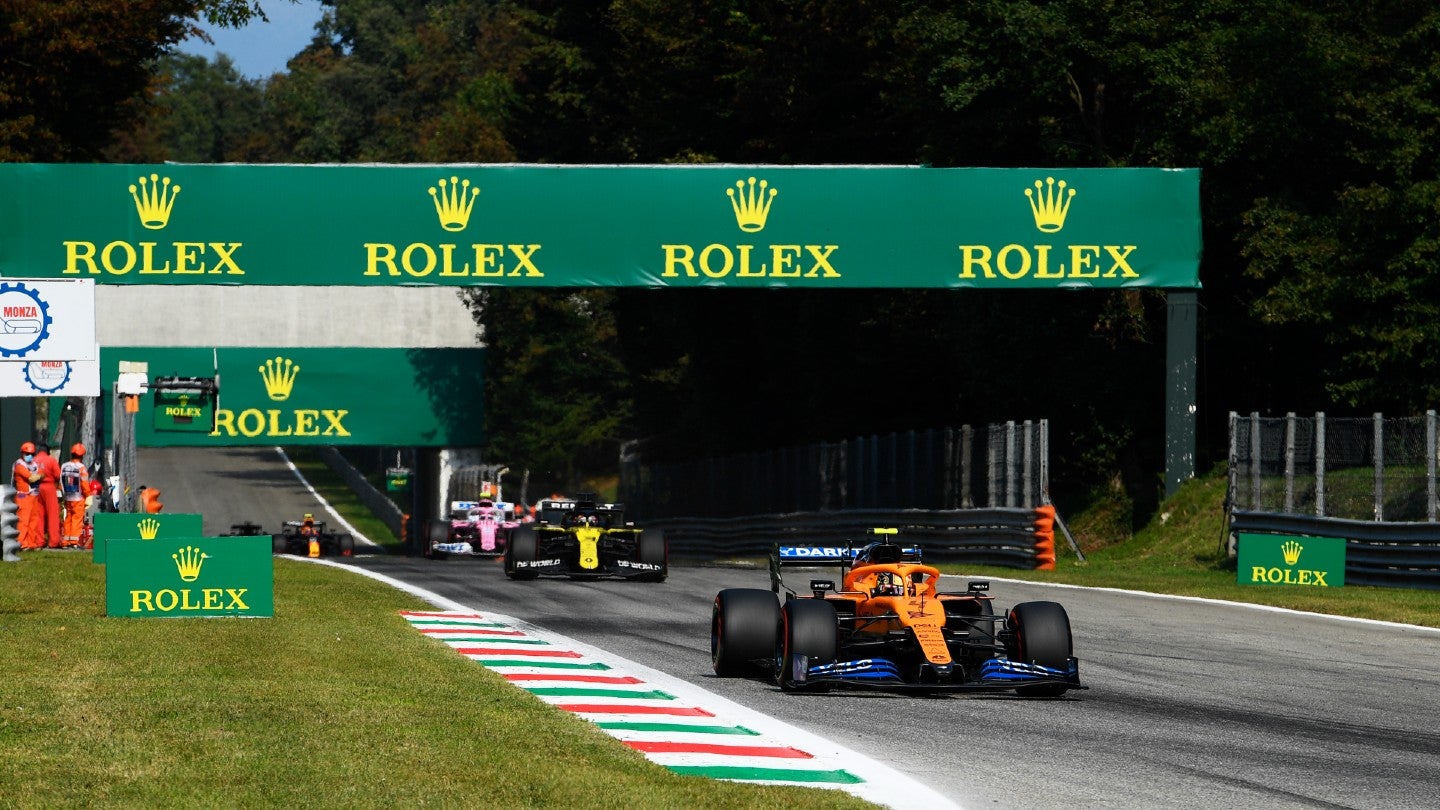The International Automobile Federation (FIA) motor racing governing body has announced it will trial artificial intelligence (AI) technology at the upcoming season-ending Formula 1 (F1) Abu Dhabi Grand Prix to better police track limits.
FIA said it will use ‘Computer Vision’ technology that uses shape analysis to automatically detect any suspected track limit infringements at this weekend’s (November 26) race.
AI will then sort out genuine breaches, where all four wheels entirely cross the white boundary line during a race, which will speed up the response and lessen the need for reviews to be carried out by race officials.
The trial comes after the Austrian Grand Prix earlier this year, which saw four people at the ROC having to process around 1,200 potential violations. Since then, eight people have been assigned to assess track limits and monitor 820 corner passes but some violations went unpunished at October’s US Grand Prix in Austin due to the high volume of requests.
Responding to criticism after that race, F1 stewards said their inability to enforce track limits violations during the race was “completely unsatisfactory” and urged the FIA to come up with a solution before the start of next season. Mercedes driver Lewis Hamilton, meanwhile, suggested that the FIA should use AI to help improve calls.
Speaking during an in-house interview on the FIA website, Tim Malyon, the FIA’s head of remote operations and deputy race director, said the technology would not replace human assessment but reduce the number of potential infringements being considered by the FIA’s remote operations center (ROC).
Maylon said: “The biggest imperative is to expand the facility and continue to invest in software because that's how we'll make big strides. The final takeaway for me is to be open to new technologies and continue to evolve.
“I've said repeatedly that the human is winning at the moment in certain areas. That might be the case now, but we do feel that ultimately, real-time automated policing systems are the way forward.”















